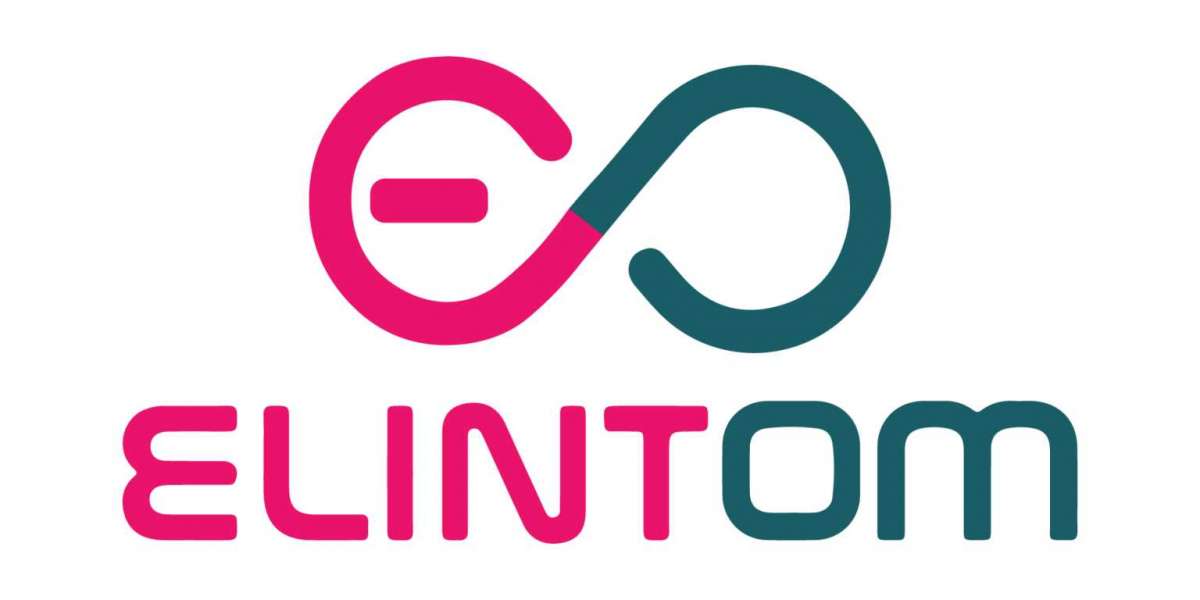The Economic Benefits of Widespread Hepatitis B Vaccination
Hepatitis B remains a global health challenge, with millions of people infected each year, leading to significant morbidity and mortality. The World Health Organization (WHO) reports that around 296 million people were living with chronic hepatitis B infection as of 2019. The disease can lead to liver cirrhosis, liver failure, and liver cancer, making it one of the leading causes of death worldwide. However, the widespread use of the hepatitis B vaccine has proven to be a transformative tool in reducing the burden of this disease. In addition to improving public health outcomes, the widespread vaccination of populations offers significant economic benefits, not just for individual countries but for the global healthcare system as a whole.
In this blog, we will explore the economic benefits of widespread hepatitis B vaccination, including the cost savings associated with prevention, the long-term economic impact on healthcare systems, and how vaccination programs contribute to global economic stability.
- Prevention of Long-Term Health Costs
One of the most compelling economic reasons for widespread hepatitis B vaccination is the potential to prevent the long-term healthcare costs associated with the disease. Chronic hepatitis B infection can lead to severe health complications such as cirrhosis, liver failure, and liver cancer. The treatment of these conditions is not only expensive but also often requires long-term care, making it a significant financial burden on healthcare systems. In fact, the cost of managing chronic hepatitis B, including antiviral treatments and regular monitoring for liver disease, can add up to thousands of dollars per patient annually.
By vaccinating against hepatitis B, countries can significantly reduce the incidence of these long-term complications. The cost of the vaccine is relatively low compared to the cost of managing chronic hepatitis B infections and their complications. In fact, a study published by the World Health Organization found that for every $1 spent on hepatitis B vaccination, an estimated $6 in healthcare costs is saved. This highlights the tremendous cost-effectiveness of preventive measures, including vaccination, in reducing the overall burden on healthcare systems.
- Reduced Absenteeism and Productivity Losses
In addition to direct healthcare costs, hepatitis B can also lead to significant indirect costs, particularly in terms of lost productivity. Chronic illness, including the effects of hepatitis B and its complications, can cause workers to miss work or become less productive while on the job. People suffering from chronic hepatitis B may experience fatigue, liver-related symptoms, or require regular hospital visits, all of which can lead to absenteeism or reduced work performance.
Vaccinating populations, particularly in high-risk areas, can mitigate these losses. By preventing chronic hepatitis B and its associated complications, workers are less likely to face prolonged illness, which in turn supports better productivity in the workplace. For employers, investing in hepatitis B vaccination programs can result in fewer sick days and higher overall productivity, contributing to a more stable and efficient economy.
Moreover, the productivity gains from preventing liver-related diseases can be particularly impactful in countries with large labor forces or those that depend on industrial or manufacturing sectors. The reduced burden on employees and employers alike results in significant economic advantages.
- Decreased Healthcare Burden on Families
Beyond the direct healthcare systems, families of individuals with chronic hepatitis B often bear a significant economic burden. Families may face high medical costs, transportation expenses for hospital visits, and time off work to care for loved ones. These costs can place families under severe financial strain, particularly in low- and middle-income countries where access to healthcare may be limited, and out-of-pocket expenses are often high.
By implementing widespread hepatitis B vaccination, governments and healthcare systems can help reduce the incidence of the disease, thereby alleviating the financial burden on families. This is particularly important in low-resource settings where families may not have the financial resources to manage chronic illness. Preventing hepatitis B through vaccination helps ensure that fewer families face the economic hardship associated with chronic disease management.
- Cost Savings for Health Systems
National health systems that invest in widespread hepatitis B vaccination programs can achieve substantial cost savings in the long run. The burden of treating hepatitis B-related complications—such as liver transplants, cancer treatments, and chronic disease management—places significant pressure on health systems, particularly in low- and middle-income countries. These countries often have limited healthcare budgets and are already dealing with a wide range of health challenges.
Vaccination programs can dramatically reduce the need for such treatments by preventing the onset of hepatitis B-related complications. By cutting down the number of patients requiring expensive liver transplants, cancer treatments, and long-term antiviral medications, countries can free up healthcare resources for other critical needs. The savings realized through vaccination programs allow governments to redirect funds into other areas of public health, such as maternal and child health, communicable disease prevention, and healthcare infrastructure improvements.
A study in China, where the hepatitis B vaccine was introduced in the early 1990s, showed that the country saved approximately $10 in medical costs for every $1 spent on vaccination. This kind of cost savings is a compelling reason for nations to prioritize hepatitis B vaccination programs, especially when healthcare budgets are constrained.
- Global Economic Stability and Public Health
Widespread hepatitis B vaccination not only benefits individual countries but also contributes to global economic stability. By reducing the global burden of hepatitis B, vaccination programs help improve public health outcomes worldwide. Healthier populations lead to stronger economies, as people are more likely to remain productive and contribute to the global workforce.
Moreover, the prevention of infectious diseases like hepatitis B also plays a crucial role in global trade and international mobility. Healthier populations can engage more freely in international travel, trade, and economic exchanges without the fear of widespread outbreaks. This contributes to a more interconnected and stable global economy.
Conclusion
The economic benefits of widespread hepatitis B vaccination are clear. By preventing the long-term health complications associated with the disease, reducing absenteeism and productivity losses, and decreasing the financial burden on families and healthcare systems, hepatitis B vaccination offers a high return on investment. As we move into 2025 and beyond, governments and healthcare organizations must continue to prioritize vaccination programs to ensure that the benefits of prevention are fully realized. Through these efforts, we can significantly reduce the economic burden of hepatitis B, improve public health outcomes, and foster a more productive, stable







